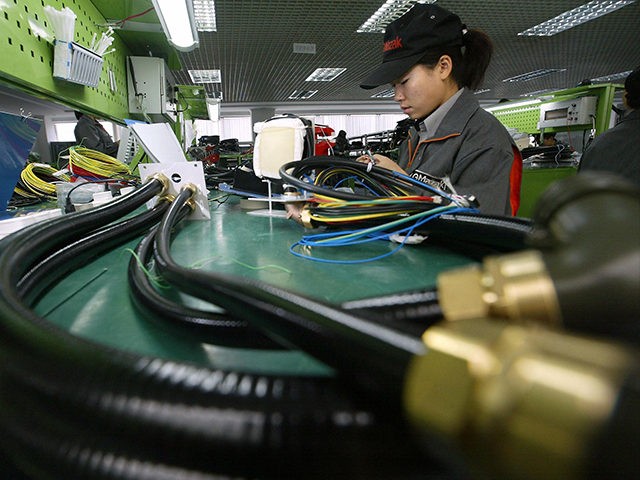China’s hegemonic ambitions to dominate the cutting-edge technologies of the future – and the aggressive tactics it is willing to use to do so – has changed the parameters of global trade and opened up a new front in the economic power struggle between the United States and the Asian giant.
Jane Perlez, Paul Mozur, and Jonathan Ansfield report in the New York Times
When President Trump arrives in Beijing on Wednesday, he will most likely complain about traditional areas of dispute like steel and cars. But Washington officials and major global companies increasingly worry about a new generation of deals that could give China a firmer grip on the technology of tomorrow.
Under an ambitious plan unveiled two years ago called Made in China 2025, Beijing has designs to dominate cutting-edge technologies like advanced microchips, artificial intelligence and electric cars, among many others, in a decade. And China is enlisting some of the world’s biggest technology players in its push.
Sometimes it demands partnerships or intellectual property as the price of admission to the world’s second-largest economy. Sometimes it woos foreign giants with money and market access in ways that elude American and global trade rules.
When concerned officials in Washington began blocking China’s ability to buy high-end technology last year, one American company found a way to help its Chinese partner around those limits. The company, Advanced Micro Devices, avoided scrutiny by licensing its exclusive microchip designs, rather than selling them.
The Chinese partner got access to the technology to make its own products. Advanced Micro Devices got a big payout.
The rules of global commerce are changing — and China and the United States are racing to create a future that aligns with their own distinct visions. The result could be an overhaul of 20th-century trade rules for a 21st-century global economic order, in which money, ideas and influence could become as closely watched and tightly regulated as hard goods packed on a ship and sent abroad.
Read the rest here.

COMMENTS
Please let us know if you're having issues with commenting.